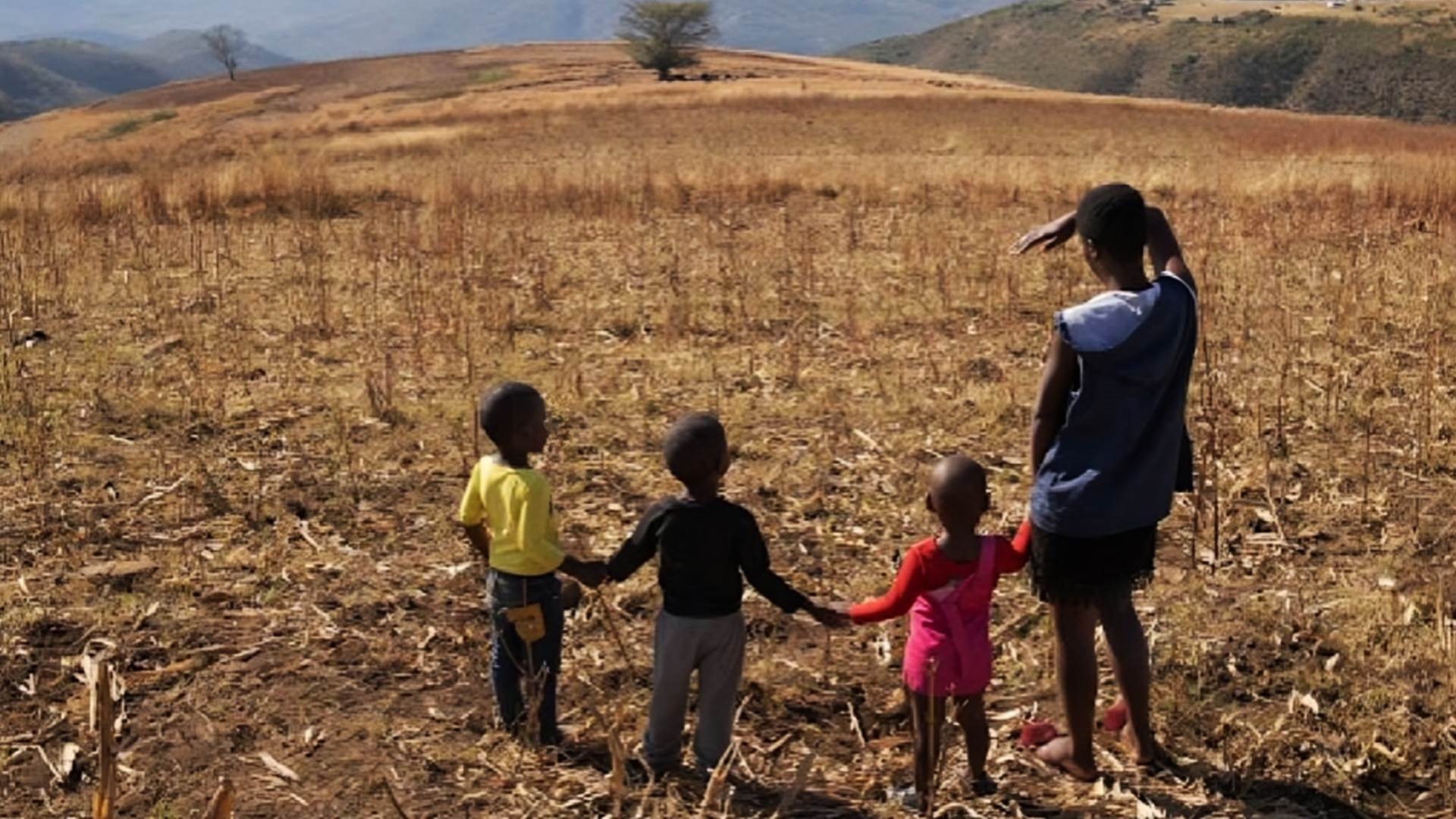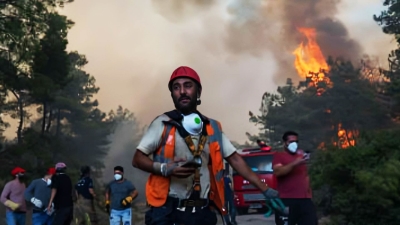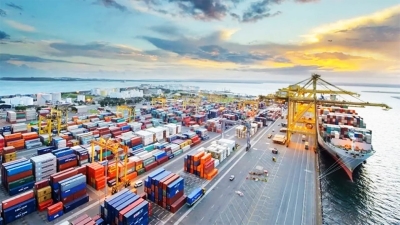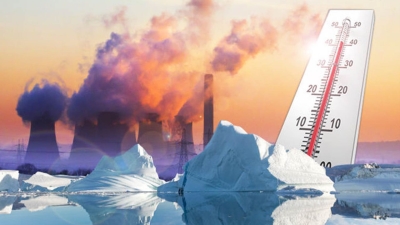How climate change affects the brunette continent

The African country suffers from the negative effects of climate change, which comes mainly from droughts, food and water deterioration and threats associated with sea level rise.
Although their share of global carbon emissions is only 3.5%, major nations contribute the bulk of greenhouse gas emissions that cause climate change.
The continent also faces major risks to its economies and investments in infrastructure, water and food systems, public health, agriculture and livelihoods, owing to climate change, comprising 17 of the 20 countries most vulnerable to climate threats around the world.
Climate change is already affecting between 2 and 9% of domestic budgets across the African continent, making it increasingly at risk of falling to record levels of extreme poverty, fuelling displacement and migration, and increasing the risk of conflict to resources.
The rate of rising temperatures in the continent has also accelerated in recent decades as weather and climate risks increase in 2022, more than 110 million people were directly affected by weather, climate and water risks, resulting in more than $8.5 billion in economic damage and more than 5,000 deaths, including 48% associated with drought and 43% associated with floods, according to Africa's latest State of the Climate Report.
Given Africa's high vulnerability and low resilience; Climate change impacts are expected to be more severe for many sectors, particularly agriculture, food and water security.
Agriculture is a key pillar of Africa's economies and one of the most important means of living in the continent. It supports more than 55% of the labour force, but its productivity growth has fallen by 34% since 1961 as a result of the climate change crisis, notably the highest relative to other regions of the world.
Results indicate that the next in the continent is much worse than it is now seeing, suffering significant economic losses after 2050 if global warming is not limited to less than 2 degrees Celsius, especially in the west and east of the continent, according to a new study by the Center for Global Development.












